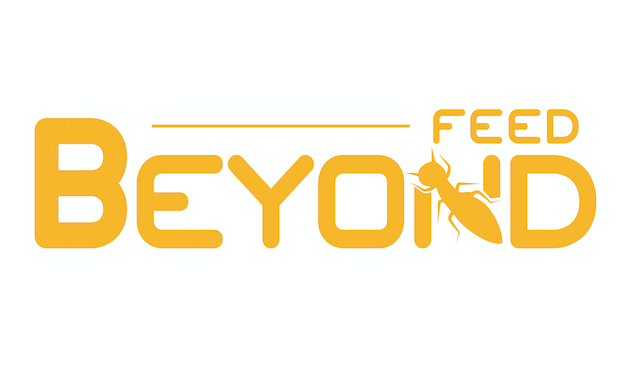As the global population continues to grow, the demand for sustainable and nutritious food sources becomes increasingly critical. Insect farming, particularly of mealworms and BSF larvae, offers a viable solution to this challenge.
Resource Efficiency: Insects require significantly less land, water, and feed compared to traditional livestock. For example, mealworms produce the same amount of protein using 10% of the land and emit 100 times fewer greenhouse gases than traditional livestock (Oonincx et al. 2010).
Nutritional Value: Both mealworms and BSF larvae provide essential nutrients that are beneficial for both humans and animals. They are rich in proteins, fats, vitamins, and minerals, which are crucial for maintaining health and wellbeing. Studies have shown that insect protein can provide a balanced amino acid profile necessary for animal growth (Makkar et al. 2014).
Environmental Benefits: Insect farming contributes to waste reduction and lower greenhouse gas emissions, supporting global efforts to combat climate change. BSF larvae can recycle up to 50% of organic waste into valuable protein, significantly reducing landfill waste and pollution (Diener et al. 2011).
BeyondFeed™'s commitment to sustainable insect farming practices ensures that their products are both environmentally friendly and highly nutritious. By adopting BeyondFeed™'s insect-based products, consumers and farmers can contribute to a more sustainable and secure food future.
References:
- Oonincx, D. G. A. B., et al. "An Exploration on Greenhouse Gas and Ammonia Production by Insect Species Suitable for Animal or Human Consumption." PLoS One 5, no. 12 (2010): e14445.
- Makkar, H. P. S., et al. "State-of-the-Art on Use of Insects as Animal Feed." Animal Feed Science and Technology 197 (2014): 1-33.
- Diener, S., et al. "Conversion of Organic Material by Black Soldier Fly Larvae: Establishing Optimal Feeding Rates." Waste Management & Research 29, no. 3 (2011): 292-298.

